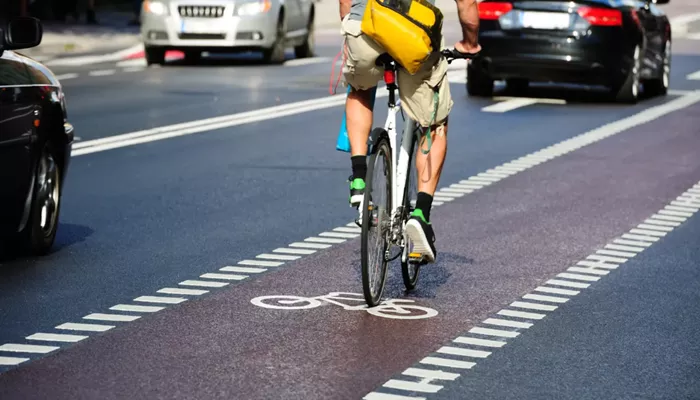Southwark Council has invested significantly in Low Traffic Neighbourhoods (LTNs), cycle lanes, and pedestrian-friendly areas, but recent data suggests that there has been a decline in the number of people walking and cycling. Despite this, the council argues that the Covid-19 pandemic is responsible for the decrease in walking and cycling for commuting purposes, and that their initiatives are contributing to a slow but steady recovery in these activities.
Critics, such as LTN skeptic Richard Aldwinckle, argue that the council’s efforts have not achieved their intended goal of increasing active travel. He believes it’s time for Southwark to reconsider its approach to LTNs, as they are not delivering the expected results.
This perspective contrasts with a report by the Healthy Streets group, which found an increase in sustainable transport within the borough. Southwark, led by the Labour party, has made several changes to its streets, including blocking vehicle traffic at junctions, installing pedestrian crossings, and creating extensive cycle lanes.
The Department for Transport’s data shows a general decline in the number of people walking or cycling between 2016 and 2023. The percentage of people walking or cycling at least five times a week dropped from 48.8% to 45.4%, and the number of people cycling at least once a week decreased from 21.8% to 20.8%.
The Covid-19 pandemic has likely played a role in this trend, as remote work has reduced the need for regular commuting. However, the data also indicates a slight increase in leisure walking and cycling, by about one percent.
The Healthy Streets group’s July report praised Southwark’s efforts, noting that the share of trips made by sustainable means—such as walking, cycling, and public transport—rose from 76% in 2019 to 82% in 2024. Additionally, car ownership decreased from 44 per 100 households to 38 during the same period.
Councillor James McAsh, who is in charge of Clean Air, Streets, and Waste, emphasized the importance of context when interpreting statistics. He stated that the council is committed to making walking, wheeling, and cycling more accessible and safer through its Streets for People strategy. McAsh also highlighted the progress made in improving air quality and promoting active travel, and noted that while commuting has decreased nationally, more people are choosing to walk and cycle during their leisure time, which is beneficial for both the environment and residents’ health.

